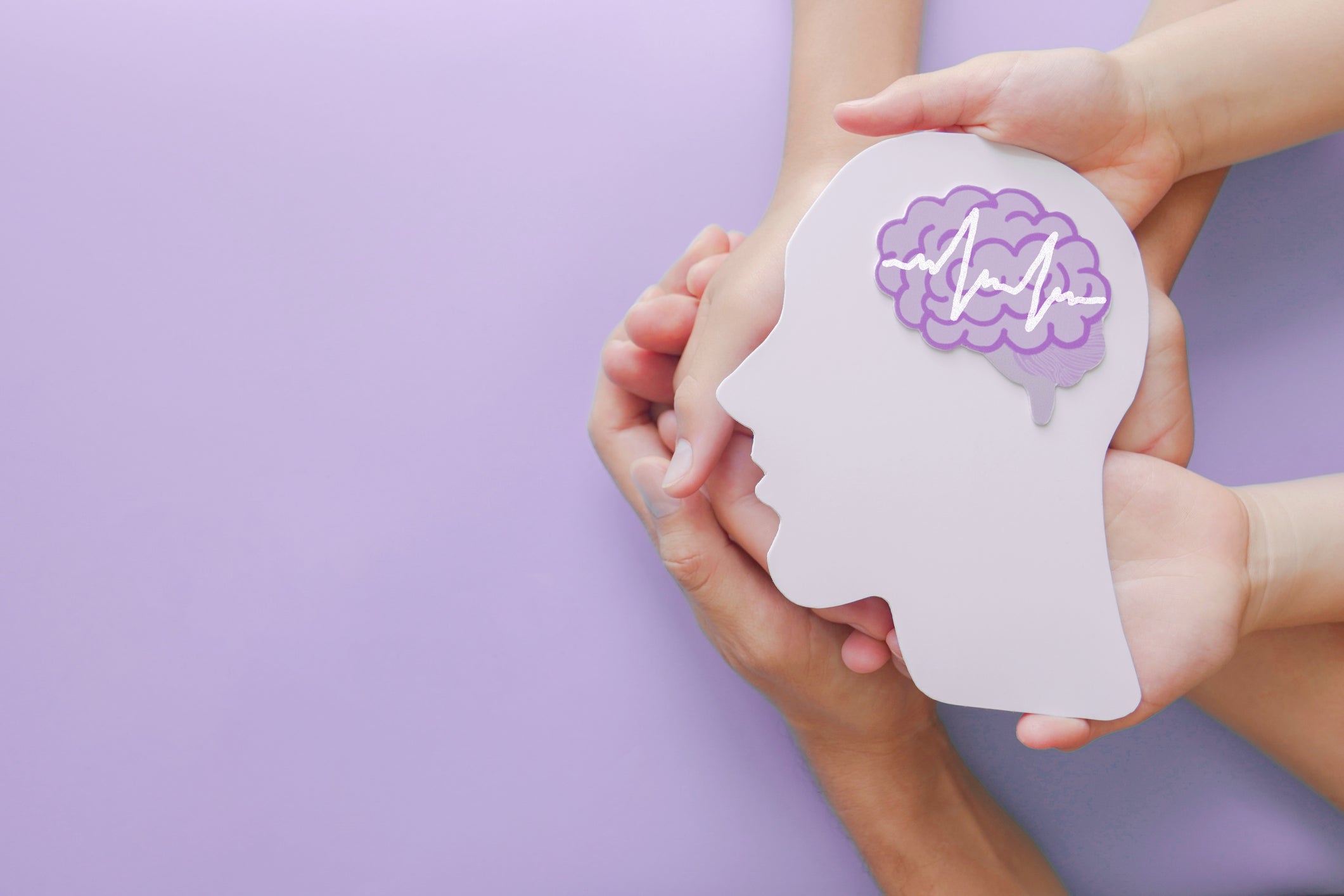How my son’s autism diagnosis changed me for the better
This week is Neurodiversity Celebration Week. For me, it is a reminder of how ignorant I was


Your support helps us to tell the story
From reproductive rights to climate change to Big Tech, The Independent is on the ground when the story is developing. Whether it's investigating the financials of Elon Musk's pro-Trump PAC or producing our latest documentary, 'The A Word', which shines a light on the American women fighting for reproductive rights, we know how important it is to parse out the facts from the messaging.
At such a critical moment in US history, we need reporters on the ground. Your donation allows us to keep sending journalists to speak to both sides of the story.
The Independent is trusted by Americans across the entire political spectrum. And unlike many other quality news outlets, we choose not to lock Americans out of our reporting and analysis with paywalls. We believe quality journalism should be available to everyone, paid for by those who can afford it.
Your support makes all the difference.This week, from 21 to 27 March, is Neurodiversity Celebration Week. And for me, it is a reminder of how ignorant I was. It was in the summer of 2016 that a nursery manager told me, “your son did not give me any eye contact”. He was about 18 months old. She knew why – and I did not. I had never felt so ignorant.
I started paying more attention to my son’s developmental milestones. I researched characteristics like: “does not respond to own name”, “does not give eye contact”, “is non-verbal” and “flaps hands”. Autism.
This word changed my conception of the world. It taught me to accept others regardless of their differences. It taught me to become less judgemental about people – because parents of autistic children are always judged and chastised, day in day out.
“You’re the mum, right?” exclaims a stranger, as my son walks on a table that is meant to be for breakfast in a hotel. “This is not hygienic,” they go on, “you should teach him”. I was not equipped enough with the sufficient knowledge, awareness or the courage to know how to respond.
How could strangers understand the sensory satisfaction my son gets when he is elevated? How would they know my son would not understand even if I asked him to get down? How could they fathom that it could take weeks, months or even years sometimes to remove or change a behaviour? How would they know it is not bad parenting – but autism?
As well as the autism stigma and parent-shaming, there are a lot of other obstacles that parents of autistic children face. They start with referrals to specialist services, the emotional burden of the diagnosis, feelings of frustration and worries for the future, fights for school placements with local authorities who seem to want to avoid accepting them.
I had to make six referrals for my son to receive early help and wait two years to receive his “official” diagnosis of autism. It is needed for him to access specialist services including – but not limited to – speech and language and occupational therapies. Some special schools also require this diagnosis in their admission criteria. Clearly, some autistic children are missing out on education and specialist services.
But we need to save our energy for autistic children. They are the ones that need full concentration. More awareness and further support channels are needed of course, and I am not going to pretend I know everything about autism. But
I do know that parenting an autistic child is not easy; especially since autism has no cure. Yet the positives spill over, too. Our children are expertly able to sense our vibes and the more positive they are, the better it is for them. This will help them progress and respond well.
To keep up to speed with all the latest opinions and comment sign up to our free weekly Voices newsletter by clicking here
Although I believe we should accept our children’s autism, we should not accept the pressure society might put on us. I have experienced certain parents who do not allow their children to play with autistic children, as they are afraid of the stigma that might arise. I strongly believe this fear comes from ignorance.
My autistic son has taught me a lot – and still is – on how to become resourceful, expect the unexpected (and be ready for it) and trust my own instincts. I admire his persistence, sense of humour and feeling of constant happiness. He spreads unconditional love, gives me hundreds of big hugs every day and does not expect anything in return. This is pure love.
He does not judge me and he does not know how to lie or what a lie means. I celebrate the smallest achievement with him and I have stopped comparing him to other children of the same age. As long as he is learning, that is what counts.
My son is my walking heart, my source of joy. I cannot imagine him being any different to the way he is now. He is unique – and that is what makes him special. He makes me proud every day; as he never gives up and he is learning to overcome his weaknesses and build on his strengths. Despite everything, I will never falter in my belief in autistic children.
I cannot believe that it took me six years to be able to write about this. I have thankfully grown a tough skin and a lion’s heart. I think it is now time to get this out of my system. Yes, I am “his mum” and proud to be. To my son, I owe you this.
Join our commenting forum
Join thought-provoking conversations, follow other Independent readers and see their replies
Comments